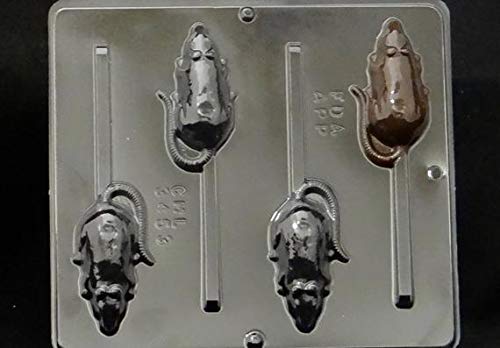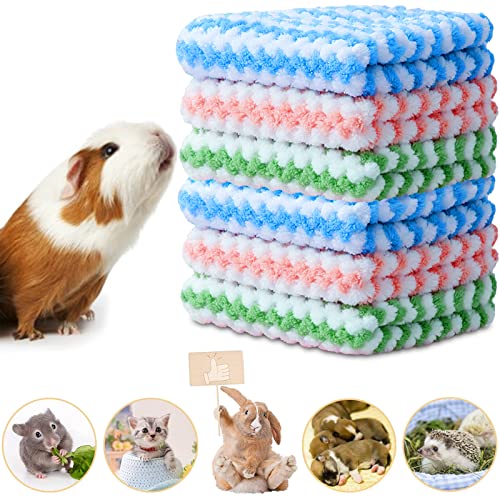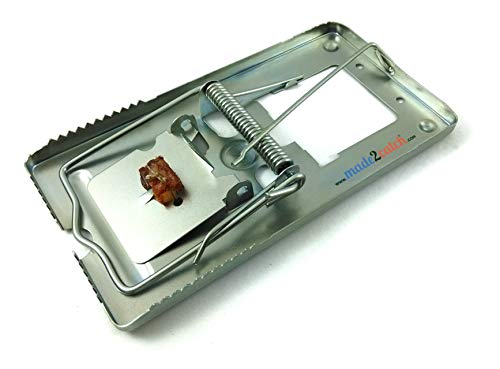LA
Well-Known Member
We've had questions about what water should I be giving my rats. There are a lot of opinions and personal choices. Here is some information on the different types of water so you can make a choice. I used to work for a water purification company and learned a lot during that time.
There are many sources of water such as Town/City, Municipal Wells, Private Wells, Lakes, Wells, and Bottled to name the main ones. Each source can be very different. Also the 'ingredients' in the water can also be very different, they can range in hardness, total dissolved solids, chemical level, bacteria level and pH.
Hardness is the amount of Calcium and Magnesium in the water. The higher the number the more 'hard' it is. You can see hardness as calcium deposits on sinks, baths, showers, dishes. It's what makes your shower head spray all crazy. Now I have heard studies that have shown someone who is prone to kidney stones and drinks hard water can get more because of the calcium deposits in the water.
Total Dissolved Solids is the amount of microscopic solids in the water. It can be linked to hardness, normally if your water is very hard the TDS will be very high. But you can find times when the water is not hard and the TDS is very high, it just means there there is something else in the water.
Chemical Level can range from chlorine/fluorine to other chemicals that can be very harmful. Chlorine/fluorine is present in all town water and municipal wells as a combatant against bacteria. Other chemicals can be the result of leaks from another source (this most often occurs if you have a private well)
Bacteria most often occurs from private wells. Most often you will see E Coli and Coliform, but there can be other bacterias in the water as well that can make you very sick.
pH is basically the level of acid or alkaline in the water. Water should normally be about 7. But can range depending on whats in the water.
SOURCES OF WATER
Town/City water
This water can range in quality from town to town, city to city. It really depends on what the starting water is like. Town treatment only removes sediment (larger particles), bacteria and chemicals in the water, but it also adds chlorine and fluorine to the water to kill the bacteria.
Municipal Wells
These are wells found in rural areas but are used by multiple houses. These are also normally treated with Chlorine to ensure safe drinking water.
Private Wells
These wells are on your own property, it is your own responsibility. These wells can be any hardness, any colour, any smell etc. They also can carry bacteria. Some wells have the best drinking water. My suggestion is if you have a private well to get it tested yearly for bacteria. Especially if you are drinking it or giving it to your animals to drink. In Ontario and Canada the public health units do free testing, not sure about anywhere else. Also when it comes to selling a house a water test must be done to ensure safe drinking water. So if you want to sell it's probably best to know what you are getting into in the first place.
Lakes
Most often cottages use this water and normally there is TONS of bacteria in the water. However most often lake water is very soft (no or very little hardness).
Bottled Water
There are different types of bottled water, spring water, distilled and Reverse osmosis water.
Spring water is treated water with no bacteria, but it can be high in hardness and TDS. Some people say that minerals in the water are good for me. Not so, we cannot ingest minerals from the water. We need minerals from fruits and veggies. It's like thinking eating dirt is healthy.
Distilled water is water that has been boiled and the steam is collected. This is probably one of the purest forms of water you can find. But it is also expensive to make. Some people say it has a flat taste, I didn't find that. Distilled water has a pH balance of neutral.
Reverse Osmosis water is water that's pushed through a membrane with microscopic holes. Pure water is mainly the only thing that can get through the membrane leaving the other stuff behind. pH of R/O water is about 6-7.
Both distilled and R/O water have low TDS.
For fish tanks when I had one I used R/O water until I realized that the pH was too low, but because I had a private well with 20 hardness (VERY HARD) I used the R/O water and raised the pH. I don't think Distilled water is suitable for fish tanks however.
Now with that all said, what do I give my pets. I personally give R/O water because that's what we drink. If you choose to give tap water I recommend you use a carbon filter (brita) to remove the chlorine content from the water. If you have a private well I recommend you get your water checked regularily to make sure there is no bacteria.
Remember pets and rats in general are little and things that would not affect us normally can affect them. Used your best judgement when choosing water.
Note: this info is basically Canada based and can apply to the US as well. Other areas have other issues and different legislation.
There are many sources of water such as Town/City, Municipal Wells, Private Wells, Lakes, Wells, and Bottled to name the main ones. Each source can be very different. Also the 'ingredients' in the water can also be very different, they can range in hardness, total dissolved solids, chemical level, bacteria level and pH.
Hardness is the amount of Calcium and Magnesium in the water. The higher the number the more 'hard' it is. You can see hardness as calcium deposits on sinks, baths, showers, dishes. It's what makes your shower head spray all crazy. Now I have heard studies that have shown someone who is prone to kidney stones and drinks hard water can get more because of the calcium deposits in the water.
Total Dissolved Solids is the amount of microscopic solids in the water. It can be linked to hardness, normally if your water is very hard the TDS will be very high. But you can find times when the water is not hard and the TDS is very high, it just means there there is something else in the water.
Chemical Level can range from chlorine/fluorine to other chemicals that can be very harmful. Chlorine/fluorine is present in all town water and municipal wells as a combatant against bacteria. Other chemicals can be the result of leaks from another source (this most often occurs if you have a private well)
Bacteria most often occurs from private wells. Most often you will see E Coli and Coliform, but there can be other bacterias in the water as well that can make you very sick.
pH is basically the level of acid or alkaline in the water. Water should normally be about 7. But can range depending on whats in the water.
SOURCES OF WATER
Town/City water
This water can range in quality from town to town, city to city. It really depends on what the starting water is like. Town treatment only removes sediment (larger particles), bacteria and chemicals in the water, but it also adds chlorine and fluorine to the water to kill the bacteria.
Municipal Wells
These are wells found in rural areas but are used by multiple houses. These are also normally treated with Chlorine to ensure safe drinking water.
Private Wells
These wells are on your own property, it is your own responsibility. These wells can be any hardness, any colour, any smell etc. They also can carry bacteria. Some wells have the best drinking water. My suggestion is if you have a private well to get it tested yearly for bacteria. Especially if you are drinking it or giving it to your animals to drink. In Ontario and Canada the public health units do free testing, not sure about anywhere else. Also when it comes to selling a house a water test must be done to ensure safe drinking water. So if you want to sell it's probably best to know what you are getting into in the first place.
Lakes
Most often cottages use this water and normally there is TONS of bacteria in the water. However most often lake water is very soft (no or very little hardness).
Bottled Water
There are different types of bottled water, spring water, distilled and Reverse osmosis water.
Spring water is treated water with no bacteria, but it can be high in hardness and TDS. Some people say that minerals in the water are good for me. Not so, we cannot ingest minerals from the water. We need minerals from fruits and veggies. It's like thinking eating dirt is healthy.
Distilled water is water that has been boiled and the steam is collected. This is probably one of the purest forms of water you can find. But it is also expensive to make. Some people say it has a flat taste, I didn't find that. Distilled water has a pH balance of neutral.
Reverse Osmosis water is water that's pushed through a membrane with microscopic holes. Pure water is mainly the only thing that can get through the membrane leaving the other stuff behind. pH of R/O water is about 6-7.
Both distilled and R/O water have low TDS.
For fish tanks when I had one I used R/O water until I realized that the pH was too low, but because I had a private well with 20 hardness (VERY HARD) I used the R/O water and raised the pH. I don't think Distilled water is suitable for fish tanks however.
Now with that all said, what do I give my pets. I personally give R/O water because that's what we drink. If you choose to give tap water I recommend you use a carbon filter (brita) to remove the chlorine content from the water. If you have a private well I recommend you get your water checked regularily to make sure there is no bacteria.
Remember pets and rats in general are little and things that would not affect us normally can affect them. Used your best judgement when choosing water.
Note: this info is basically Canada based and can apply to the US as well. Other areas have other issues and different legislation.









































